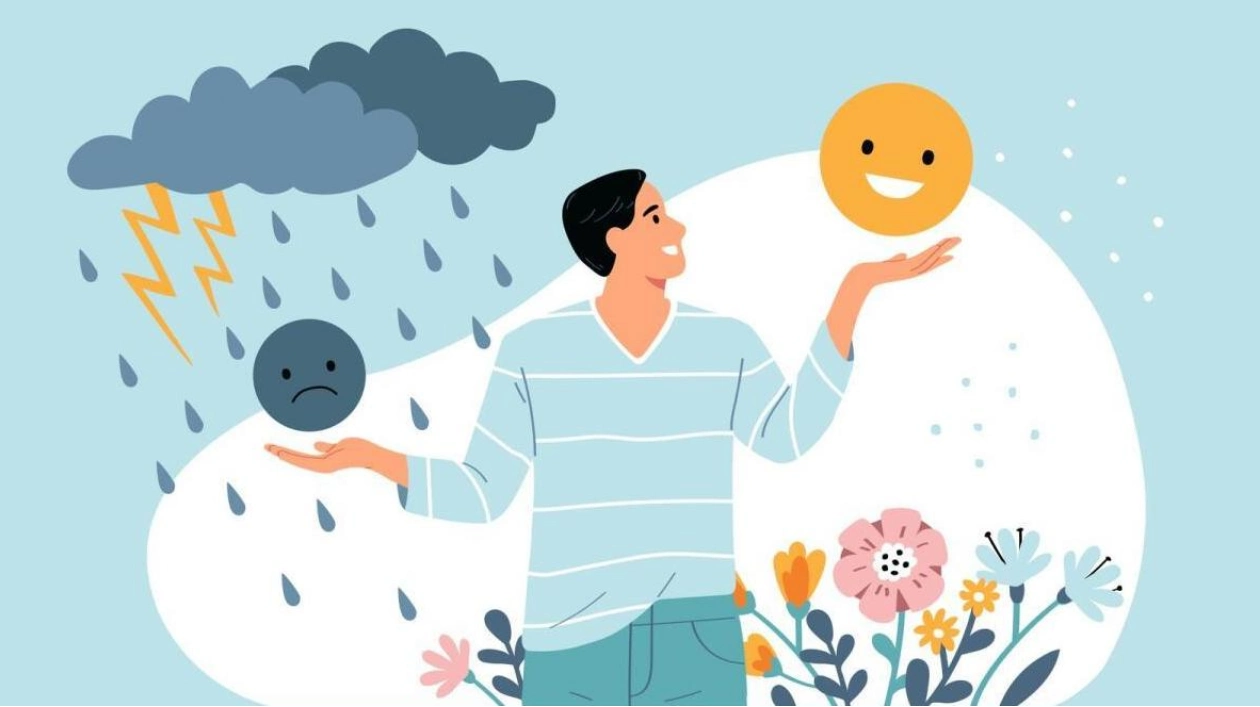It’s a topic that’s often whispered about, a subject we know we should address but tend to stay silent on – men’s mental health. While the challenges men face differ from those of women, addressing them is equally crucial. Post-pandemic, this conversation is gaining momentum, with organizations worldwide offering support to those experiencing issues and focusing on providing information and help to men.
Statistically, men are more reluctant than women to seek treatment and are therefore at a higher risk for suicide. Studies have shown that seeking treatment can positively impact mental health. Support from health professionals and loved ones can ease symptoms, improve quality of life, and reduce the risk of fatal incidents. Closer to home, the pandemic heightened awareness of mental health issues, including anxiety, depression, and stress due to isolation, financial insecurity, or the impact of remote work, prompting the UAE to prioritize mental health in its post-pandemic recovery efforts.
Overall, the country has made significant strides in addressing mental health issues, with ongoing efforts to create a more supportive environment. Both the government and private sectors are increasingly emphasizing the importance of mental well-being.
Dr. Waleed Alomar, a specialist psychiatrist at Medcare Hospital Sharjah, believes that men’s approach to mental health is often influenced by societal norms around masculinity, leading to under-reporting and a preference for solutions that don’t require discussing emotions. “Women, on the other hand, find it easier to seek support and express their struggles. These differences don’t mean that one approach is better than the other, but they highlight the importance of tailoring mental health support to meet personal needs, recognizing the influence of gendered experiences,” he says.
Dr. Alomar explains that several factors influence the onset of mental health conditions in men, including biological, psychological, and social factors that often interact to impact mental well-being. “It is important to remember that mental health issues are not just an adult thing but can also affect adolescents and young adults,” he adds. He also notes that early intervention can make a significant difference, emphasizing the importance of encouraging open conversations and offering support.
Dr. Gary Pheiffer, Assistant Professor of Psychology at Heriot-Watt University, highlights the profound benefits of incorporating mental health awareness into educational curricula. “By doing this, institutions can normalize help-seeking behavior, reduce stigma, and equip students with essential skills such as emotional regulation, resilience, and stress management,” he says. He adds that integrating mental health awareness into education can empower future generations to thrive emotionally and professionally, ultimately creating more resilient communities.
Scott Armstrong, founder of mentl, a UAE-based platform championing mental health in the workplace and community, believes that there is a significant shift in the conversation around mental health for both men and women in the UAE. “Initiatives like the Dubai Mental Wealth Framework and various workplace wellbeing programs are creating more space for these discussions, but there is still work to do,” he says.
Nick J Thorpe, a UAE-based author and consultant, emphasizes the importance of recognizing when mental health needs attention. “For most of us, proactive mental maintenance is a new concept, especially to those of us born before 2000. For me, there was not one specific moment that led to me realizing that things were not okay; it was a cumulative series of events,” he says.
Bilal Mohammed, Editor of The Zenith magazine, shares his personal experience with mental health after being diagnosed with a brain tumor. “The whole experience took a toll on me. I found myself spiraling a lot and often couldn’t cope. Being stuck indoors wasn’t helping at all. Simple things started feeling overwhelming, and I noticed physical symptoms like fatigue and anger starting to emerge,” he says.
Marwan Albanna, an Emirati master trainer at Veo, a lifestyle fitness community center by Emaar Hospitality Group, encourages men to stay physically active to maintain mental and physical health. “The stigma surrounding men’s mental health often leads to a perception that they should be able to handle their problems independently. However, this can be detrimental, as bottling up emotions can lead to unhealthy coping mechanisms like substance abuse,” he says.
Dr. Alomar provides fast facts on who is at risk and common mental health conditions in men, emphasizing the importance of recognizing these signs and seeking support.
Source link: https://www.khaleejtimes.com






